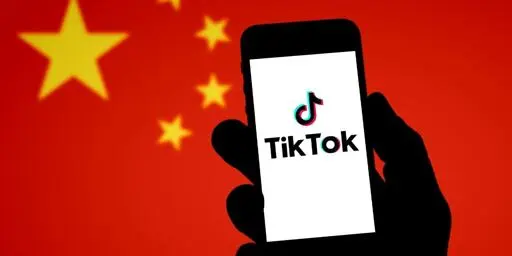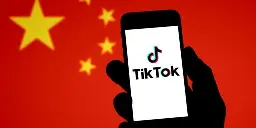Algorithmic manipulation? TikTok use predicts positive views of China’s human rights record
Algorithmic manipulation? TikTok use predicts positive views of China’s human rights record

New research shows TikTok users encounter less content critical of China and more content aligned with pro-CCP narratives compared to other platforms. Heavy TikTok users also report more favorable views of China’s human rights record.

A new study published in Frontiers in Social Psychology suggests that the popular social media platform TikTok may be manipulated to conceal content critical of the Chinese government while amplifying narratives aligned with the Chinese Communist Party (CCP). The research, which involved three separate studies, found that TikTok users were exposed to significantly less content critical of China compared to users of other platforms like Instagram and YouTube. Additionally, the study found that heavier TikTok users tended to have more positive views of China’s human rights record and were more likely to consider China a desirable travel destination.
Authoritarian regimes such as those in Russia and Iran have increasingly used social media to manipulate information and advance their strategic interests. China, in particular, has developed sophisticated strategies to control narratives and influence public opinion through digital platforms. This phenomenon, often referred to as “networked authoritarianism,” involves state actors using subtle tactics like algorithmic manipulation and strategic content curation to shape narratives on popular social media platforms.
These tactics are particularly effective because they are often invisible to users, making overt censorship or manipulation difficult to detect. Given that TikTok is owned by the Chinese company ByteDance, concerns have been raised that it may be susceptible to influence from the CCP, either directly or through algorithmic adjustments. The study aimed to assess whether TikTok’s content curation patterns differed from those of other social media platforms and, if so, whether these differences aligned with Chinese government interests.
“China is a communist country. The CCP has a vast propaganda apparatus and a long record of enforcing conformity to its preferences,” said study author Lee Jussim, a distinguished professor of psychology at Rutgers University and author of The Poisoning of the American Mind. “Many before us have raised concerns about whether the CCP exerts undue influence on TikTok to further its goals. We decided to empirically assess whether this was the case regarding issues about which the CCP was likely to be sensitive.”
...
